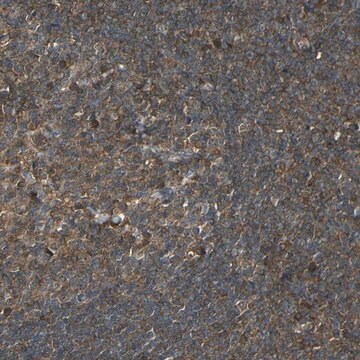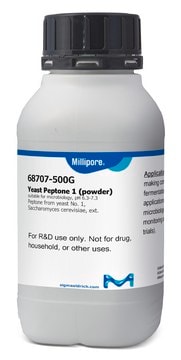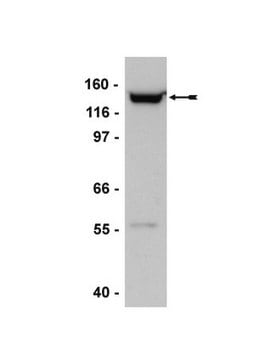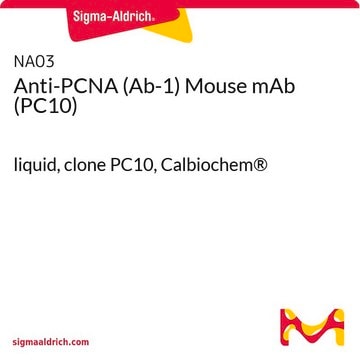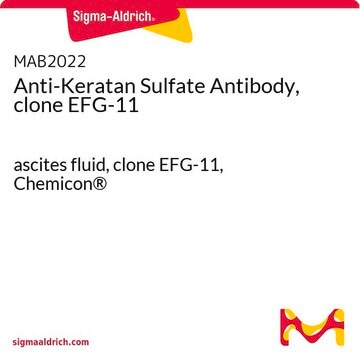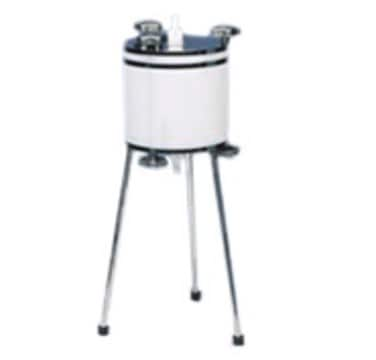MABC1606
Anti-Caspase-8 Antibody, clone 3B10
clone 3B10, from rat
Sinónimos:
EC: 3.4.22.61, CASP-8, MCH5, FLICE, MACH
About This Item
Productos recomendados
origen biológico
rat
forma del anticuerpo
purified antibody
tipo de anticuerpo
primary antibodies
clon
3B10, monoclonal
reactividad de especies
mouse
envase
antibody small pack of 25 μg
técnicas
flow cytometry: suitable
western blot: suitable
isotipo
IgG1κ
Nº de acceso NCBI
Nº de acceso UniProt
modificación del objetivo postraduccional
unmodified
Información sobre el gen
mouse ... Casp8(12370)
Categorías relacionadas
Descripción general
Especificidad
Inmunógeno
Aplicación
Apoptosis & Cancer
Calidad
Western Blotting Analysis: 1 µg/mL of this antibody detected Caspase-8 in mouse embryonic fibroblast (MEF-1) cell lysates.
Descripción de destino
Forma física
Almacenamiento y estabilidad
Otras notas
Cláusula de descargo de responsabilidad
Not finding the right product?
Try our Herramienta de selección de productos.
Certificados de análisis (COA)
Busque Certificados de análisis (COA) introduciendo el número de lote del producto. Los números de lote se encuentran en la etiqueta del producto después de las palabras «Lot» o «Batch»
¿Ya tiene este producto?
Encuentre la documentación para los productos que ha comprado recientemente en la Biblioteca de documentos.
Nuestro equipo de científicos tiene experiencia en todas las áreas de investigación: Ciencias de la vida, Ciencia de los materiales, Síntesis química, Cromatografía, Analítica y muchas otras.
Póngase en contacto con el Servicio técnico

